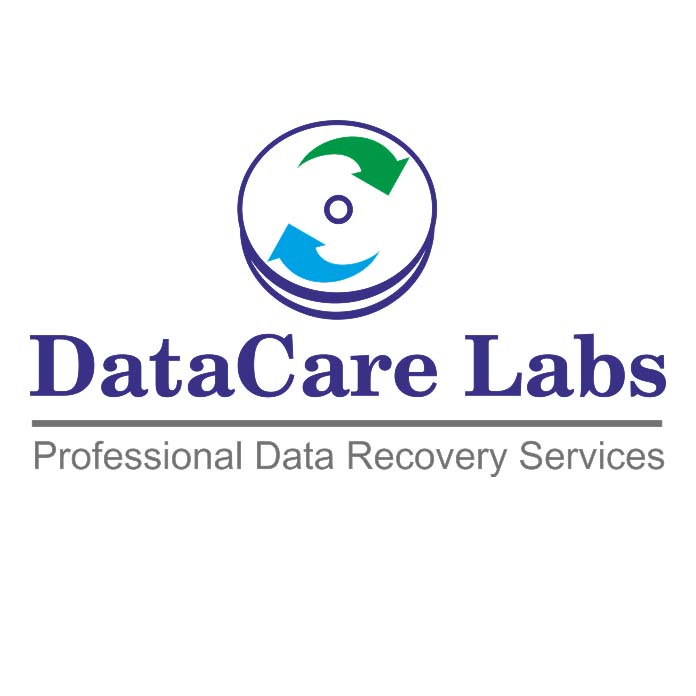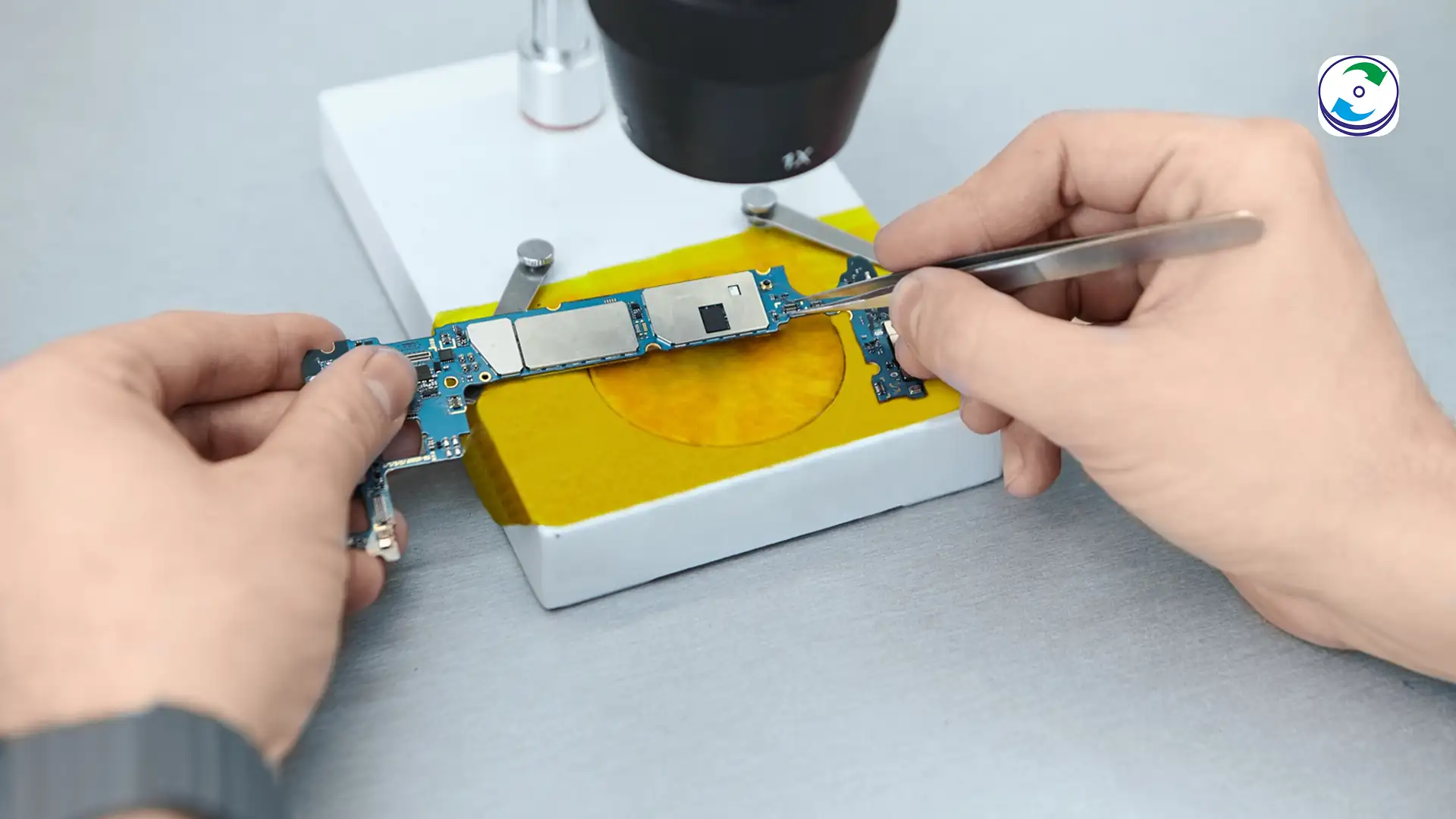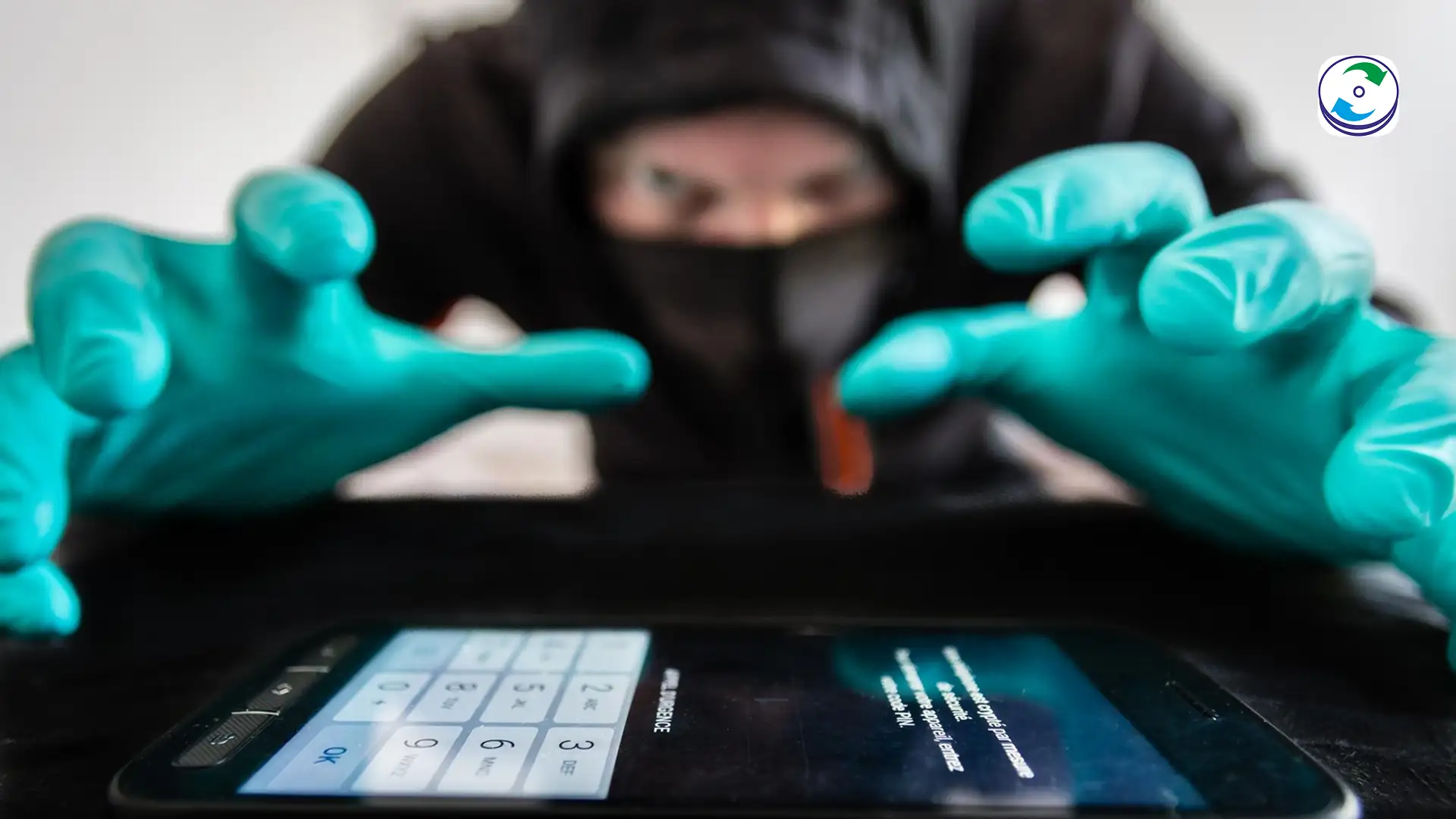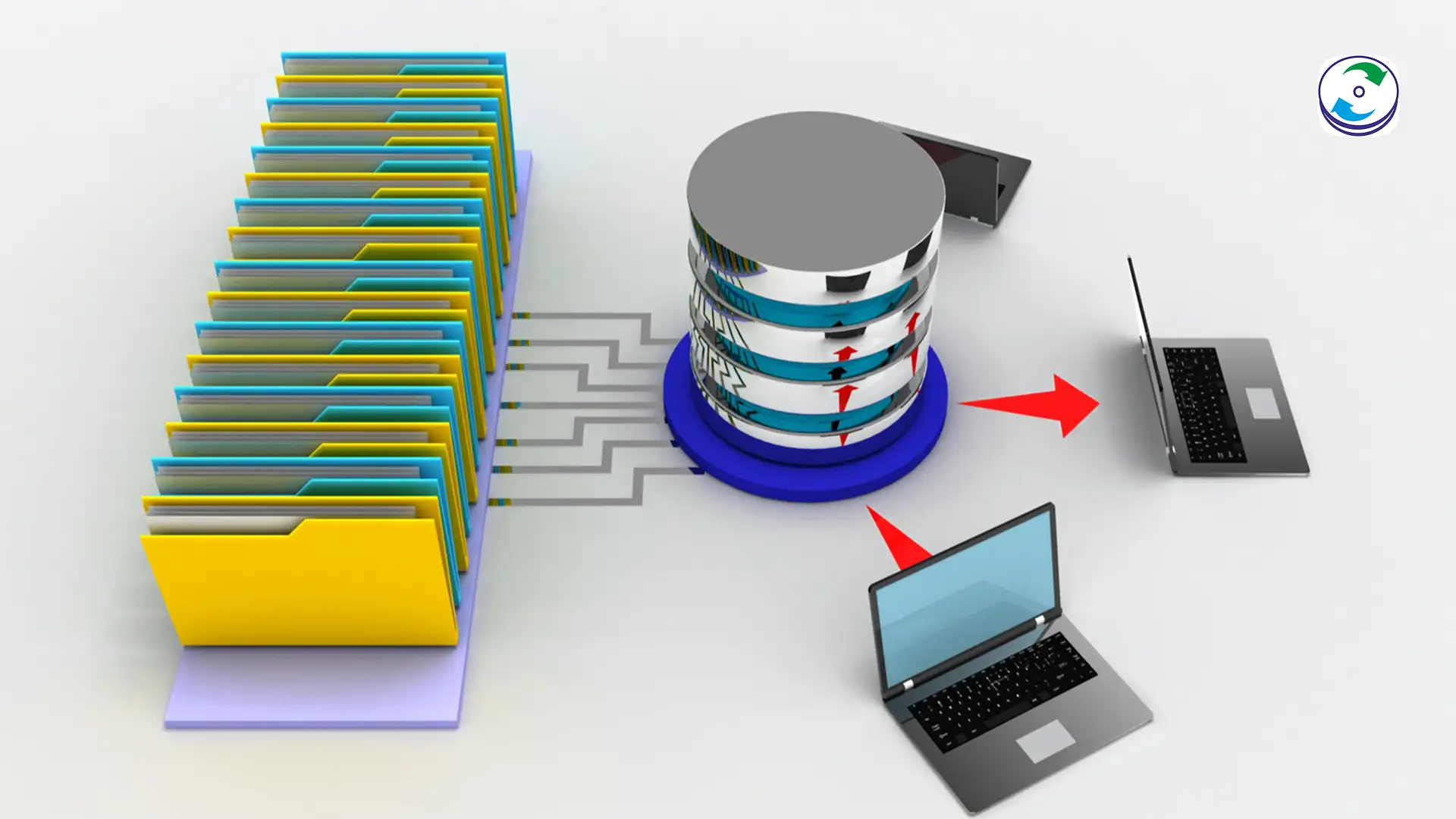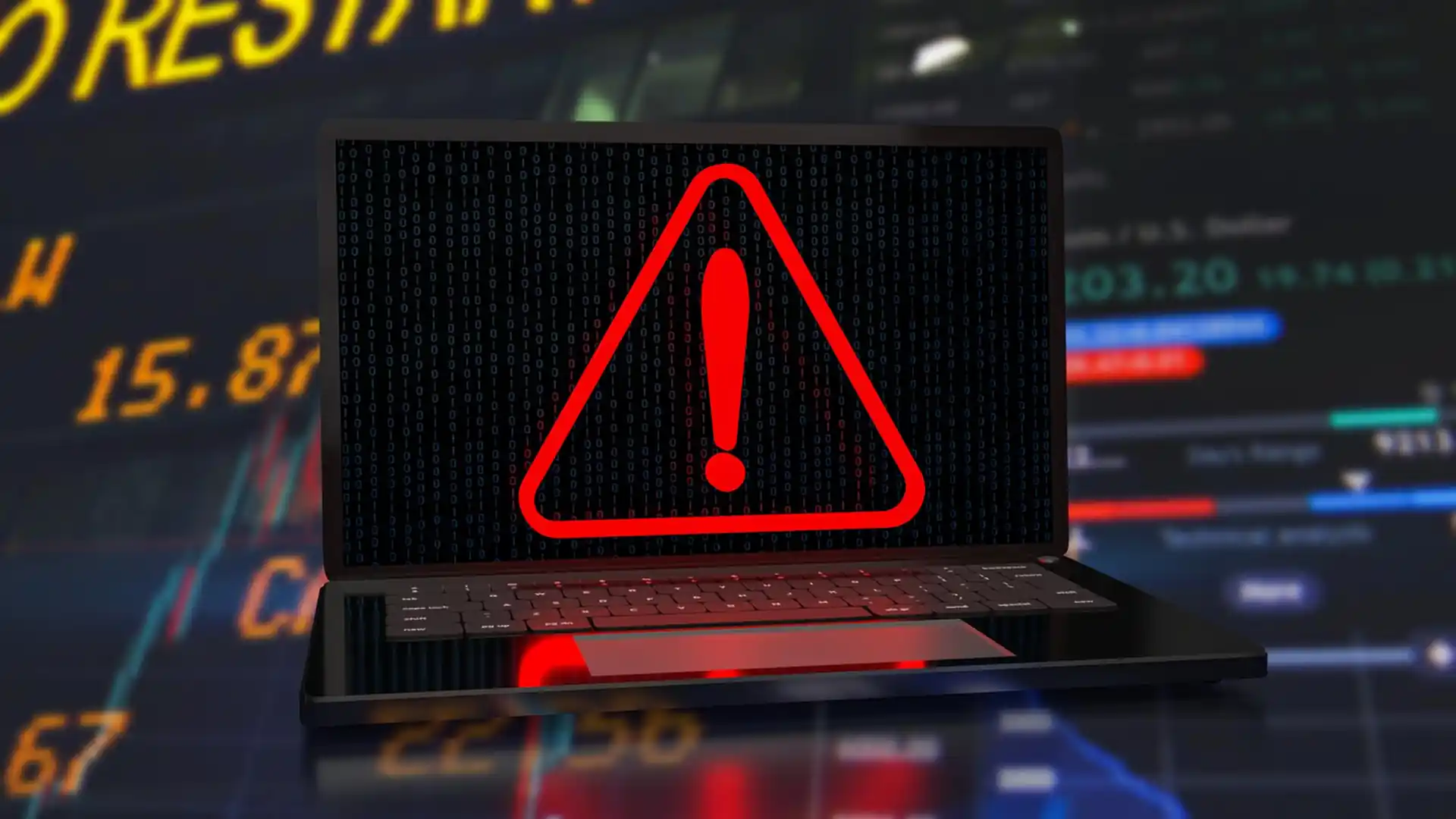Lost Your Encrypted Files or Password? Can a Data Recovery Service Really Help?

Introduction
In our modern, interconnected world, encryption is a powerful tool. We use it to protect sensitive information, from confidential business documents to personal financial records and private memories. But what happens when that security becomes a locked vault, trapping your own data inside? A lost password, a forgotten encryption key, or a corrupted drive can turn your secure files into a useless block of code.
The question “Can a data recovery service help me get my encrypted files back?” is a complex one, and the answer is not a simple yes or no. It depends entirely on the nature of the problem. While a professional data recovery service can’t work miracles, it can be the only solution to your data loss crisis. From a business in Toronto that has a RAID server failure with encrypted files to a private individual in London who has forgotten their password for an external drive, understanding the problem is the first step to a solution. This guide will clarify the two primary scenarios you might be facing, explain our expert approach, and detail how our services offer a risk-free path to a solution.
The Core Challenge: The Intersection of Data Recovery and Cryptography
To understand if your files can be recovered, you must first understand the fundamental difference between data recovery and encryption.
- Data Recovery is the process of retrieving raw data from a damaged storage medium. Our experts specialize in bypassing hardware failures (like a crashed head assembly or a failed controller chip) or logical corruption (like a damaged file system) to get to the 1s and 0s on the drive’s platters or memory chips.
- Encryption is a mathematical process that intentionally scrambles those 1s and 0s. The entire purpose of encryption is to make the data completely unreadable to anyone who does not have the correct decryption key (which is often derived from your password).
The core challenge for any data recovery service is that a successful recovery only gives you back the encrypted data. It does not provide the password or key needed to unlock it. The data is recovered, but it remains a gibberish block of code. This is why managing your expectations from the start is so important.
When Can a Data Recovery Service Help? Two Distinct Scenarios
The answer to your question depends entirely on your specific situation. We can break it down into two main scenarios.
Scenario 1: The Drive is Damaged, But the Password/Key is Known.
This is the most common and solvable scenario. The problem is a physical or logical one with the drive, not a cryptographic one. The drive has failed due to a mechanical issue (e.g., a clicking sound from a hard drive in Manchester), an electronic problem (a dead PCB), or a logical error (a corrupted partition table).
Our Role: In this case, our job is to perform a standard data recovery process. Our engineers, working in a certified Class 100 Cleanroom, will repair the drive to a stable state, extract the raw data, and provide you with the recovered encrypted files. You will then use your known password to decrypt the data on a different, healthy computer. We successfully do this for countless clients every year, from students in Cambridge whose laptops have failed to businesses in Sydney with corrupted servers. The fact that the data is encrypted adds a layer of complexity to our process—we must ensure no data is altered in the recovery—but it does not prevent us from retrieving the files.
Scenario 2: The Drive is Damaged, AND the Password/Key is Lost.
This is the high-stakes, extremely difficult scenario. Here, you are facing a double failure: your storage device has failed, and you have lost the key to your data.
Our Role: This is where we must be upfront and honest. For modern, strong encryption algorithms like AES-256, which are used by popular software like BitLocker, FileVault, and VeraCrypt, brute-forcing the password is not a viable option. It would take supercomputers thousands of years to try every possible combination.
However, a professional data recovery and forensic service can still offer a glimmer of hope:
- Searching for Residual Data: In some cases, bits of the encryption key or an unencrypted version of the file might exist in temporary files, unallocated space on the drive, or other hidden areas. Our forensic-level recovery goes beyond standard file recovery to meticulously search for these remnants.
- Metadata and Master Keys: For certain legacy or less-secure encryption systems, there may be a possibility of retrieving master keys or other metadata from a healthy part of the drive that can aid in decryption.
- Decrypted Memory Dumps: In some rare instances, a computer crash can leave a memory dump that contains a clear-text copy of a decryption key. Our experts can analyze the memory dump to search for these key fragments.
It is crucial to understand that these are long-shot scenarios. A professional service will be transparent about the likelihood of success and will not make false promises.
The Professional Approach: More Than Just Recovery
At DataCare Labs, our process for dealing with encrypted files is meticulous and transparent.
- Understanding Your Encryption: The first step is to understand what kind of encryption was used (e.g., BitLocker, FileVault, VeraCrypt, or a third-party application). This helps us determine the complexity of the recovery.
- Forensic-Level Analysis: Our engineers use specialized hardware to create a sector-by-sector clone of the drive, preventing any further damage to the original media. We then work on the clone to preserve the integrity of the encrypted data.
- Security and Confidentiality: We understand that encrypted data is highly sensitive. Our labs and processes are designed to maintain the utmost security and confidentiality, giving you peace of mind.
Our Service Promise: A Risk-Free Solution for Complex Cases
When you’re dealing with encrypted files, the stakes are high. We believe you should never have to risk your money on a gamble.
- The “No Data, No Charges” Policy: This policy is our promise to you. If we cannot recover the encrypted data from your drive (in Scenario 1) or cannot successfully decrypt the data (in Scenario 2, after a thorough forensic analysis), you pay nothing for our recovery service. This makes your decision to seek professional help completely risk-free.
- Free Pickup & Drop Service: We offer a free pickup and drop-off service across all our major service areas, including Sydney, Melbourne, London, Manchester, Scotland, Toronto, and Vancouver. We remove the logistical stress of getting your sensitive device to a lab safely.
Conclusion: Don’t Compromise Your Data with a DIY Gamble
A lost password or a dead drive with encrypted files is a frightening situation, but it’s not a death sentence for your data. While password recovery for modern encryption is a rare feat, physical and logical drive issues are often solvable with the right expertise. Do not compromise your data by trying to run software or using home remedies. For a professional, honest, and risk-free evaluation of your situation, contact DataCare Labs. We have the expertise to help you get your data—and your security—back.

